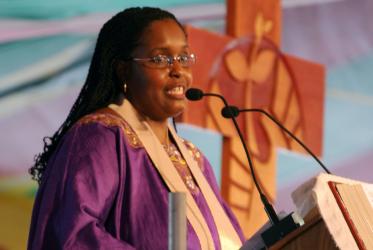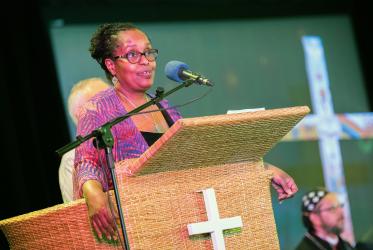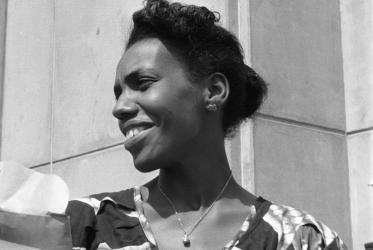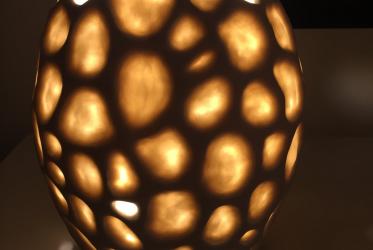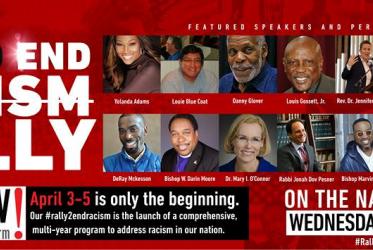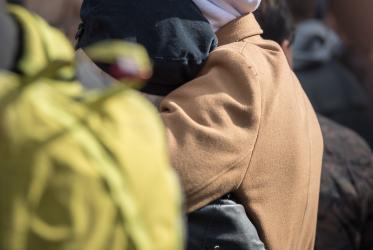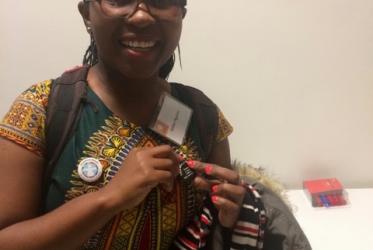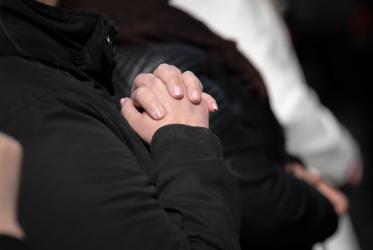Displaying 21 - 40 of 53
Churches called to “break new ground” in gender justice
28 March 2019
Funeral celebrates life of Rev. Robina Winbush
26 March 2019
A tribute to Rev. Dr Rena Joyce Weller Karefa-Smart
21 January 2019
Pan African Women of Faith issue fervent Call to Action
20 November 2018
WCC celebrates life of Katie Cannon
16 August 2018
WCC moderator to greet DC marchers
01 April 2018
Pan-African women demand end to gun violence in USA
29 March 2018
At CSW62, “stories are the heartbeat”
21 March 2018
WCC to join “31 Days of Prayer for Women’s Empowerment”
21 February 2018
WCC appoints new representative to the UN
27 October 2017
"We have our work cut out for us"
10 August 2017

